Craniosacral Therapy for Infants with Meaghan Beames: Podcast Episode #240
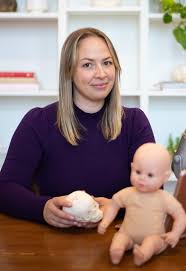
Kristin Revere talks with Meaghan Beames of MyBaby Craniosacral Podcast and Beames CST Training Centre. They discuss how craniosacral therapy can help babies cope with colic, latching issues, and growing pains that can make life with a newborn harder than it needs to be. Hello, hello! This is Kristin Revere with Ask […]
How to Build Your Birth and Postpartum Support Team
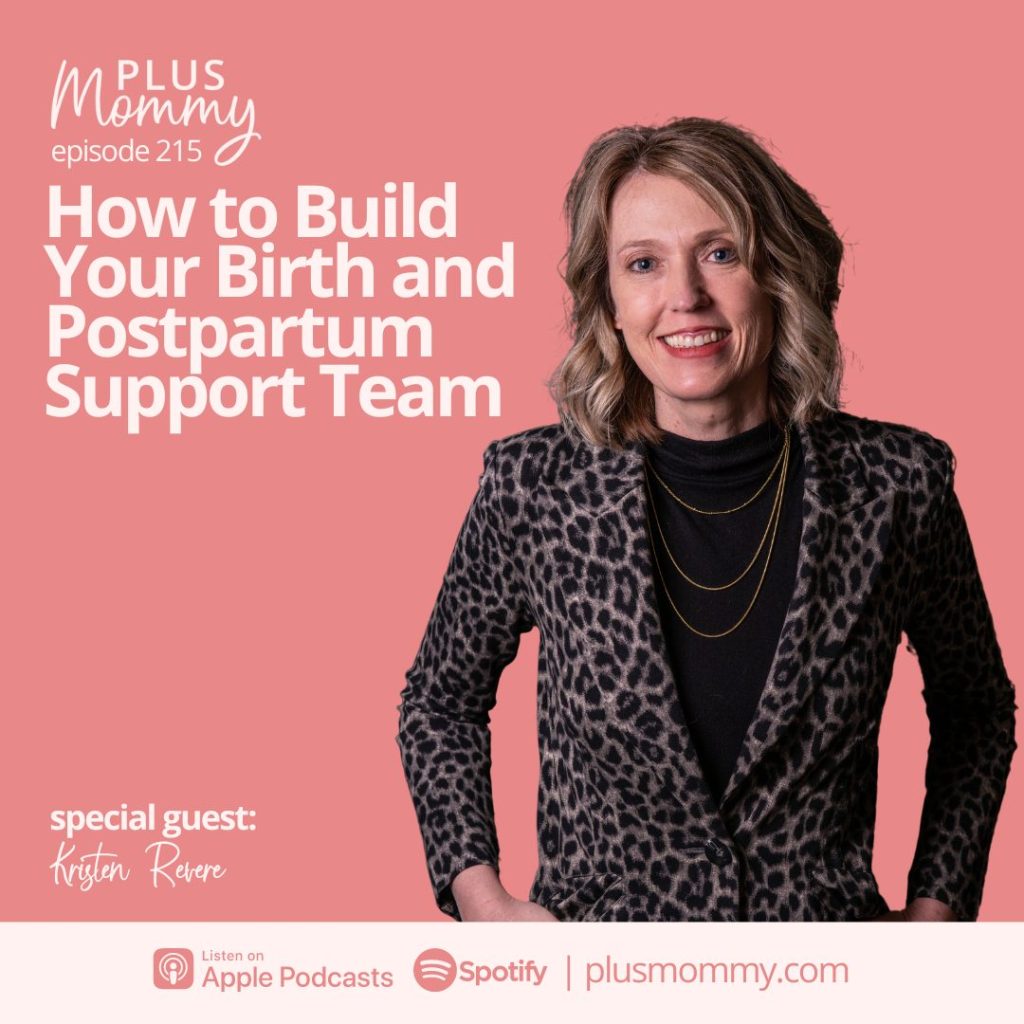
Kristin Revere was a guest on the Plus Mommy podcast to talk about setting yourself up for success by creating a strong support team for birth and postpartum. Listen to the podcast here. A strong support team can significantly impact your overall experience and well-being, from physical and emotional support to guidance through the complexities […]
Tips for Supporting New Parents with Lizzie Williams: Podcast Episode #239
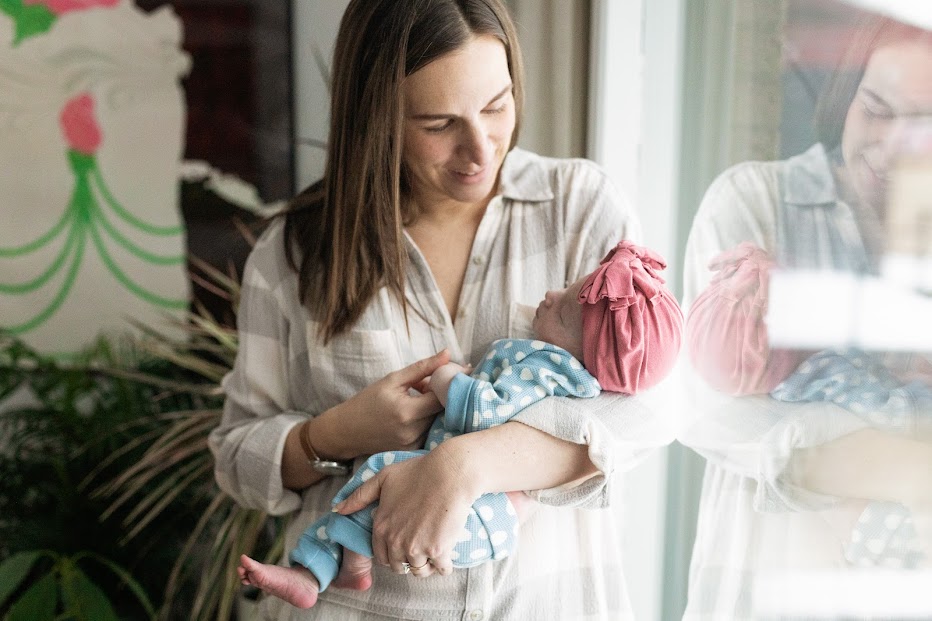
Tips for supporting your friends who just had a baby with former Gold Coast Doulas client, Lizzie Williams. Kristin and Lizzie chat about everything from creating an intentional baby registry to her top tips for supporting new parents in the latest episode of Ask the Doulas. Lizzie contributed to our new book, Supported: Your Guide to […]
How to Prepare for Birth and Postpartum with Kristin Revere
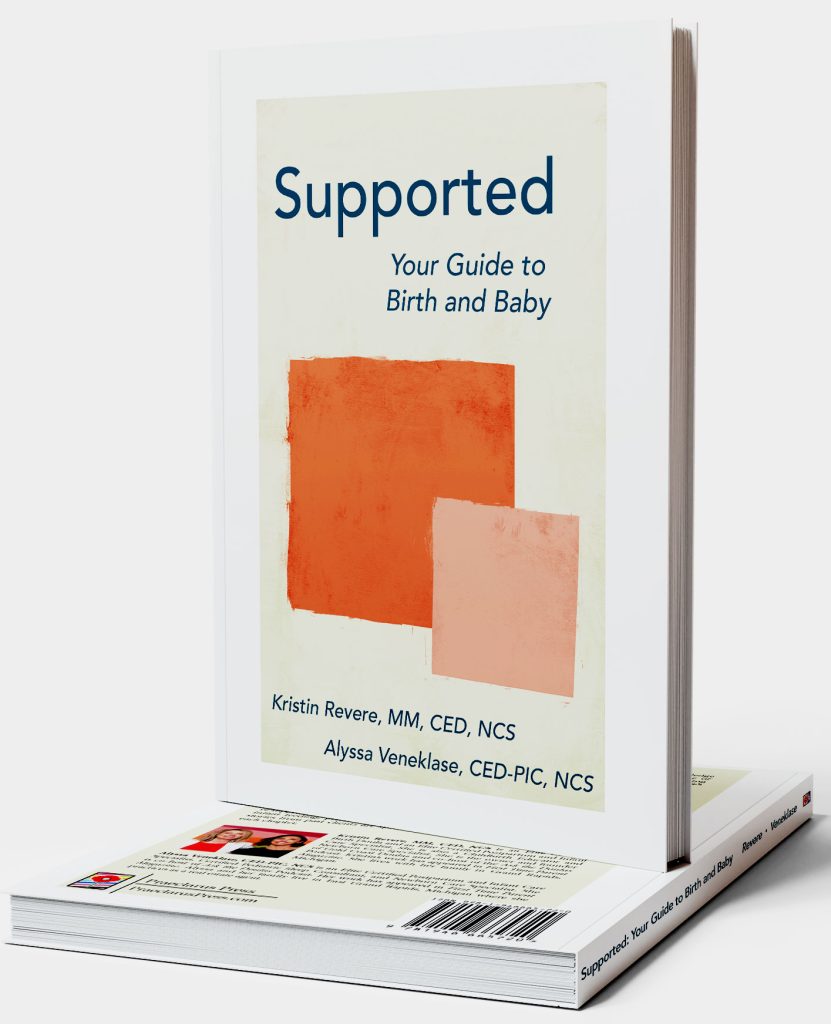
Kristin Revere spoke about the new book Supported as a guest on the kozekoze podcast with Garrett Kusmierz. Here’s their conversation. Listen to the podcast! Welcome back to the kozekoze podcast, and happy Mother’s Day! Wow, what a day. This is my fourth Mother’s Day, which sounds really crazy. I cannot believe I have a […]
The benefits of doula support with Anne Wallen: Podcast Episode #238
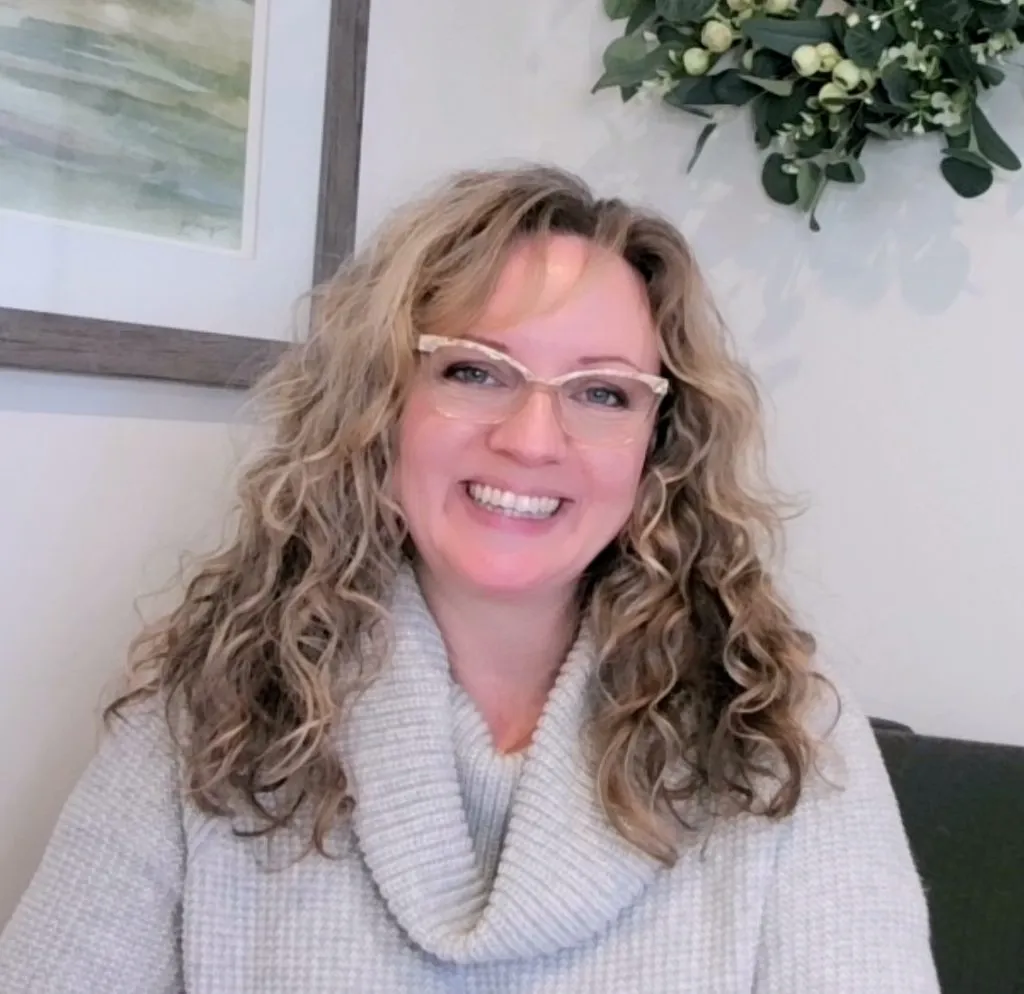
Kristin Revere and Anne Wallen discuss how doulas can impact the birth and postnatal experience. Anne also describes her doula training and education programs at MaternityWise International. Hello, hello! This is Kristin Revere with Ask the Doulas, and I am so excited to chat with Anne Wallen today. Anne is the director of MaternityWise […]
Simple Healthy Habits for Busy Moms: Podcast Episode #237
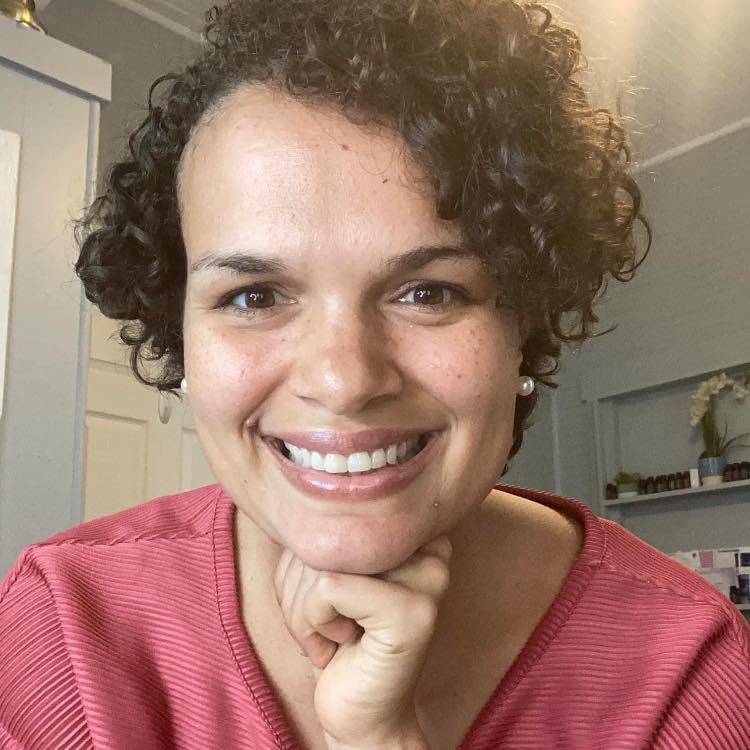
Kristin Revere and Brianna Wilkerson of Mommy Me Time Community discuss the focus on prioritizing health and self-care during each season of motherhood. Brianna has quick tips for both new and seasoned moms to get more intentional time and nourishment. Hello, hello! This is Kristin Revere with Ask the Doulas, and I am thrilled to […]
The Importance of Support in the Pre and Postpartum Period with Kristin Revere
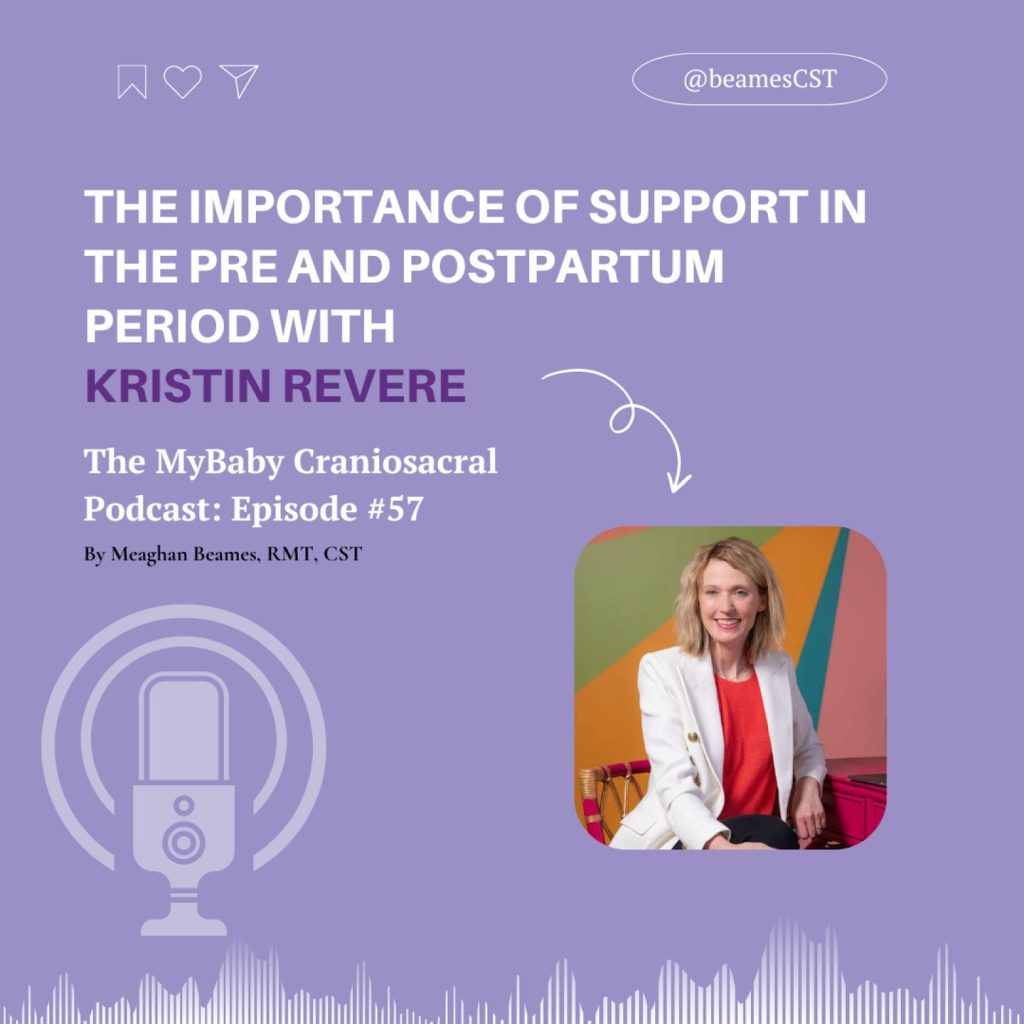
Kristin Revere and Meaghan Beames chat about support in the pre and postpartum period Meaghan is the host of The MyBaby Craniosacral Podcast. “It’s all about knowing options and building your own dream team of professionals based on however you choose to birth your baby and parent your baby.” Kristin Revere, owner of Gold Coast Doulas, […]
Green Beginnings: Six Essential Tips for a Safe, Low EMF Nursery

Guest blog post by Rebecca Pickett of Bebcare Low EMF Emissions Baby Monitors Creating an eco-friendly, green nursery is more than just a trend; it’s a commitment to the health and well-being of the newest addition to your family. By choosing non-toxic, sustainable materials, you’re reducing your baby’s exposure to harmful chemicals or wireless emissions […]
Meet the Visionaries: Unveiling the Minds Behind Tender Seasons, Michigan’s Maternity Wear Icon
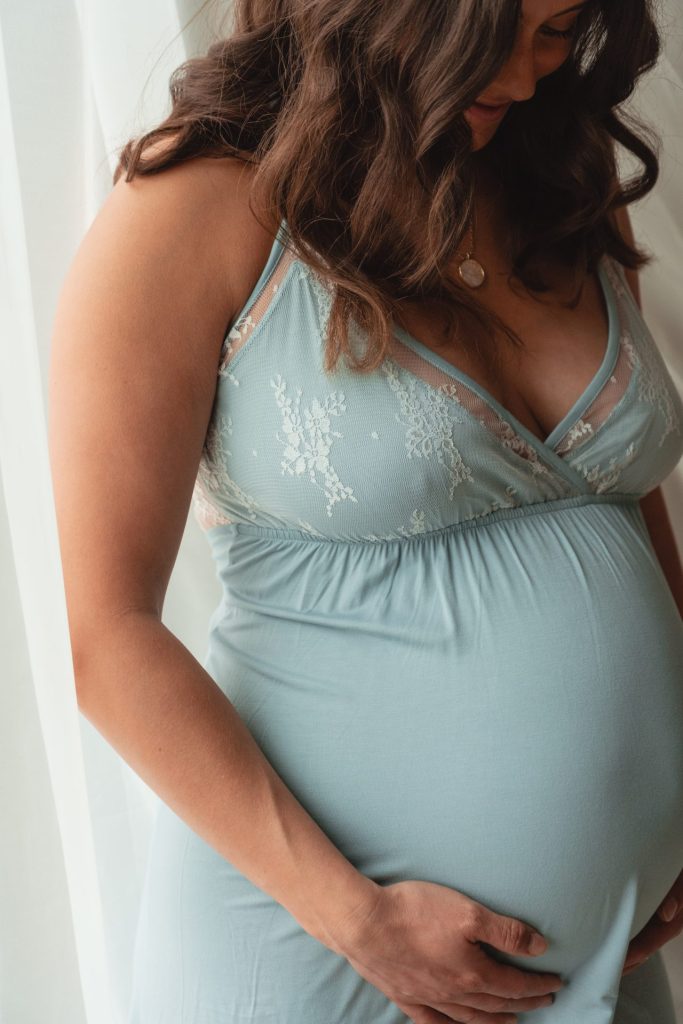
Guest blog post by Kayli Joann, Founder & CEO of Tender Seasons. I stared in the mirror in disgust at the baggy, “cute” nightgown I had purchased for a little getaway with my husband. I was very pregnant and excited to get out of the house for a weekend! I had been on the search […]
Prenatal and Postnatal Nutrition Tips with Stephanie Middleburg: Podcast Episode #236
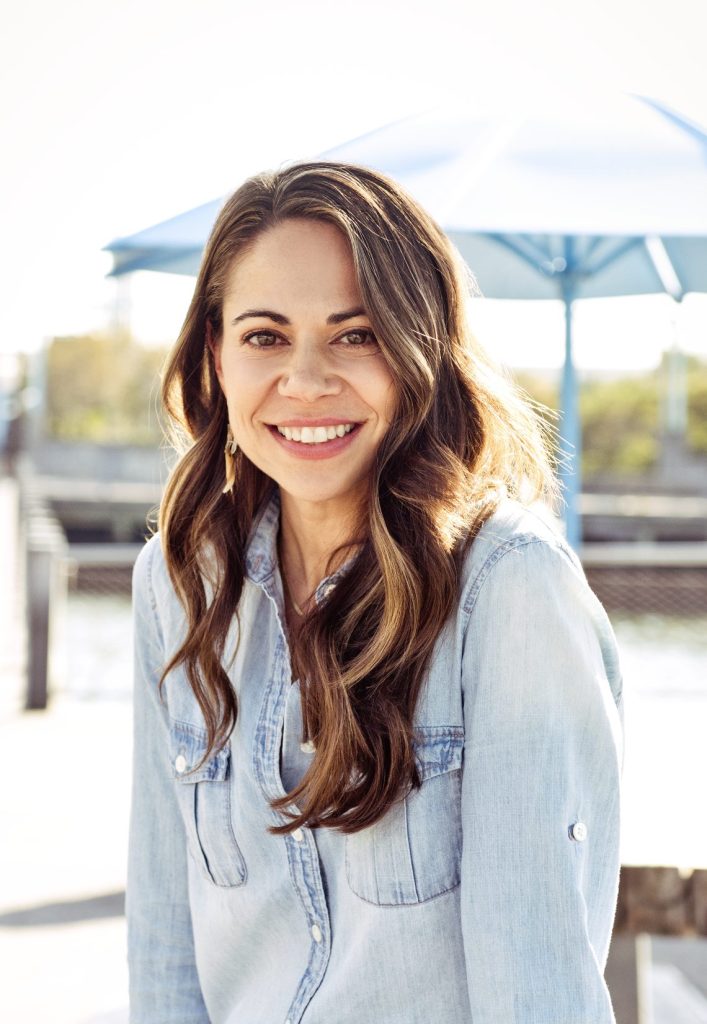
Kristin Revere and Stephanie Middleburg chat about the importance of nourishing yourself and your baby during pregnancy and the postnatal phase. Stephanie is the author of “The Big Book of Pregnancy Nutrition” and founder of Middleburg Nutrition. Hello, hello! This is Kristin Revere with Ask the Doulas, and I am so excited to chat with […]
